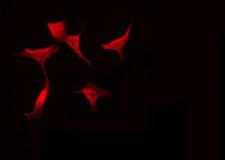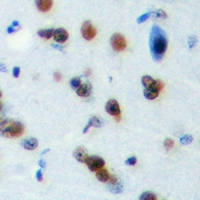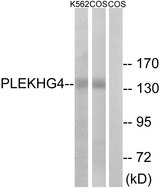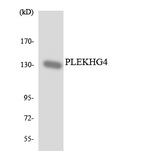order histories, retained contact details for faster checkout, review submissions, and special promotions.
Forgot password?
order histories, retained contact details for faster checkout, review submissions, and special promotions.
Locations
Orders Processing,
Shipping & Receiving,
Warehouse
2 Shaker Rd Suites
B001/B101
Shirley, MA 01464
Production Lab
Floor 6, Suite 620
20700 44th Avenue W
Lynnwood, WA 98036
Telephone Numbers
Tel: +1 (206) 374-1102
Fax: +1 (206) 577-4565
Contact Us
Additional Contact Details
order histories, retained contact details for faster checkout, review submissions, and special promotions.
Forgot password?
order histories, retained contact details for faster checkout, review submissions, and special promotions.
PLEKHG4
Pleckstrin Homology Domain Containing, Family G (with RhoGef Domain) Member 4
PLEKHG4 can function as a guanine nucleotide exchange factor (GEF) and may play a role in intracellular signaling and cytoskeleton dynamics at the Golgi apparatus. Polymorphisms in the region of this gene have been found to be associated with spinocerebellar ataxia in some study populations. Alternative splicing results in multiple transcript variants.
| Gene Name: | Pleckstrin Homology Domain Containing, Family G (with RhoGef Domain) Member 4 |
| Synonyms: | PLEKHG4 |
| Target Sequences: | NM_015432 NP_056247.1 Q58EX7 |





If you do not find the reagent or information you require, please contact Customer.Support@LSBio.com to inquire about additional products in development.









